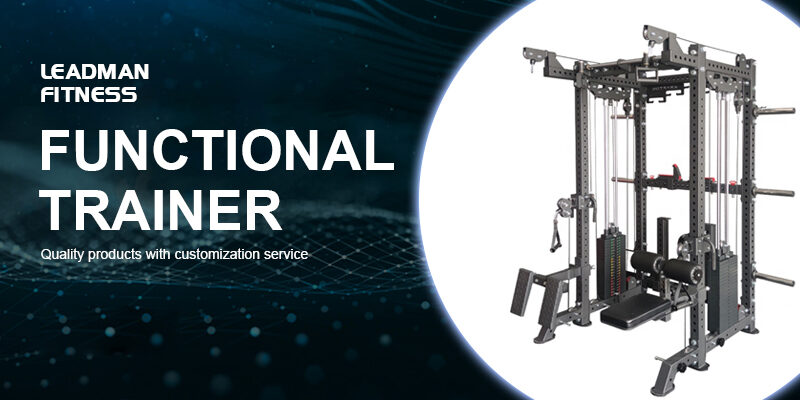Pros and Cons of Fitness Equipment Manufacturers
The fitness industry is continuously evolving, with more individuals and businesses recognizing the importance of maintaining an active and healthy lifestyle. For fitness businesses and enthusiasts alike, the role of gym equipment manufacturers is crucial. These manufacturers design, produce, and distribute a wide range of exercise machines and tools that facilitate effective workouts and contribute to overall well-being. While there are numerous advantages to working with gym equipment manufacturers, it’s also important to consider potential drawbacks. In this article, we’ll delve into the pros and cons of gym equipment manufacturers, providing a comprehensive view of their impact on the fitness industry.
Pros of Fitness Equipment Manufacturers
1. Customization and Branding:
One of the standout advantages of gym equipment manufacturers is their ability to provide customization options. For fitness businesses looking to establish a unique identity, manufacturers offer the opportunity to brand equipment with logos, colors, and designs that align with their brand image. This level of personalization not only enhances the aesthetics of the facility but also creates a cohesive and memorable experience for users.
2. High-Quality and Durability:
Gym equipment manufacturers are committed to producing high-quality and durable exercise machines. This commitment stems from their understanding of the demands placed on these machines by both commercial gyms and home users. The use of robust materials and rigorous testing ensures that the equipment can withstand the test of time, providing a reliable and safe workout experience.
3. Innovation and Technological Integration:
Manufacturers continually strive to innovate and integrate the latest technologies into their equipment. This results in advanced features such as touchscreen displays, app connectivity, and data tracking capabilities. These technological enhancements not only make workouts more engaging but also enable users to monitor their progress and optimize their fitness routines.
4. Comprehensive Product Range:
Gym equipment manufacturers offer a diverse range of products, catering to various workout preferences and fitness goals. Whether it’s cardiovascular machines, strength training equipment, or functional fitness tools, manufacturers provide a comprehensive selection that allows fitness businesses to create well-rounded and engaging workout environments.
Cons of Fitness Equipment Manufacturers
1. Cost Considerations:
While the quality and customization offered by commercial gym equipment wholesale continue to contribute to the evolution of fitness spaces, enabling businesses to create engaging and effective workout environments. As the industry advances, it’s likely that manufacturers will further refine their offerings, addressing potential drawbacks and enhancing the overall value they provide to the fitness community. are advantageous, they often come at a higher cost compared to standard, non-branded equipment. Fitness businesses must carefully evaluate their budget and long-term goals to determine if the benefits outweigh the initial investment.
2. Maintenance and Repairs:
Complex exercise machines with advanced features may require specialized maintenance and repairs. Fitness businesses relying on manufacturers’ equipment may experience longer downtime in the event of technical issues, which can impact the user experience and facility operations.
3. Lead Time and Delivery:
The customization process and high demand for fitness equipment can lead to longer lead times for manufacturing and delivery. This delay can be a challenge for fitness businesses seeking to quickly launch or upgrade their facilities.
Conclusion
In conclusion, gym equipment manufacturers play a pivotal role in shaping the fitness industry by providing high-quality, innovative, and customizable equipment. The ability to brand equipment and integrate advanced technologies enhances user experiences and differentiates fitness facilities in a competitive market. However, it’s important to consider potential drawbacks such as higher costs, maintenance requirements, and longer lead times. Fitness businesses and enthusiasts should carefully weigh the pros and cons to make informed decisions that align with their goals and resources.
commercial gym equipment wholesale to contribute to the evolution of fitness spaces, enabling businesses to create engaging and effective workout environments. As the industry advances, it’s likely that manufacturers will further refine their offerings, addressing potential drawbacks and enhancing the overall value they provide to the fitness community.
